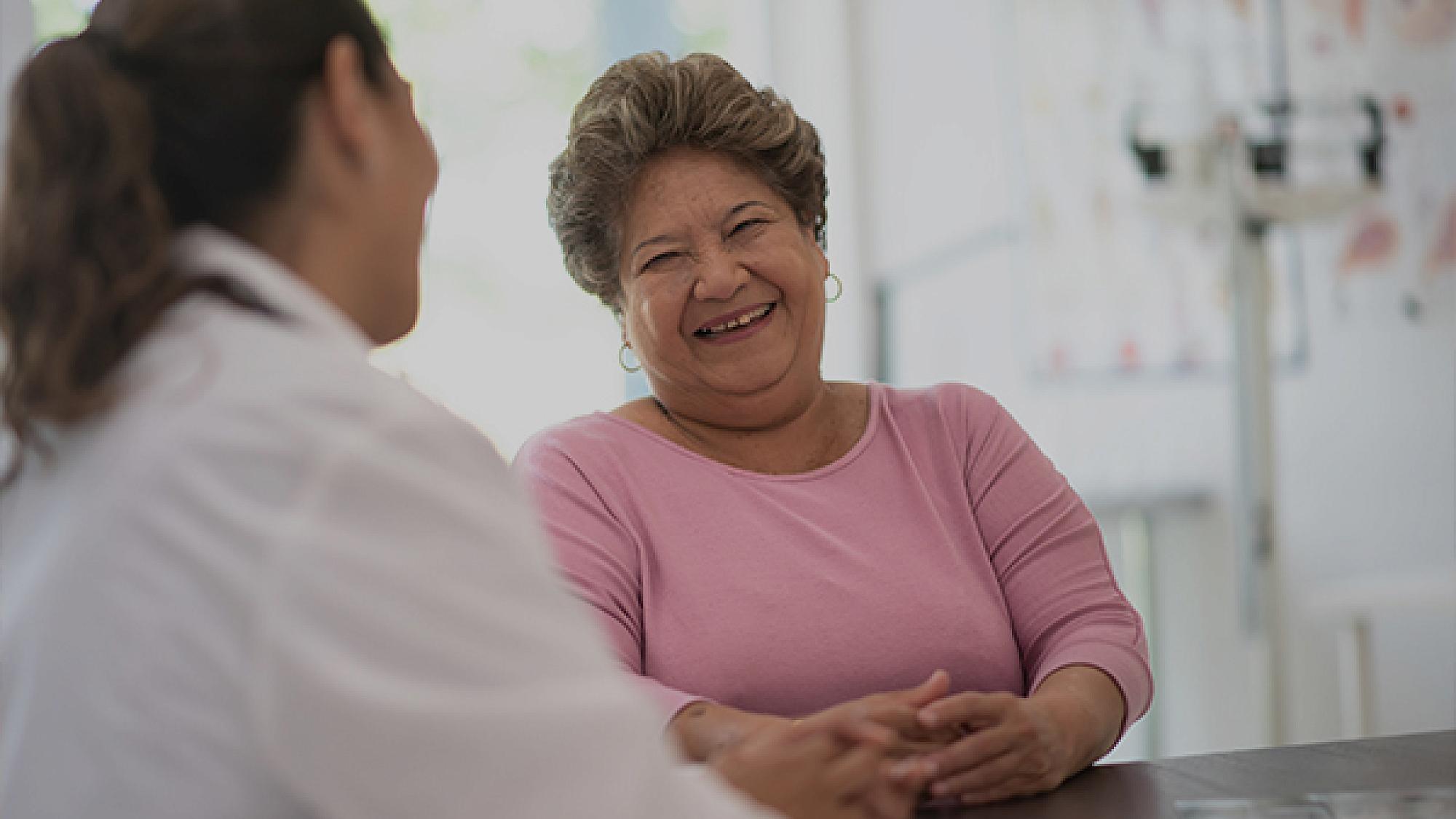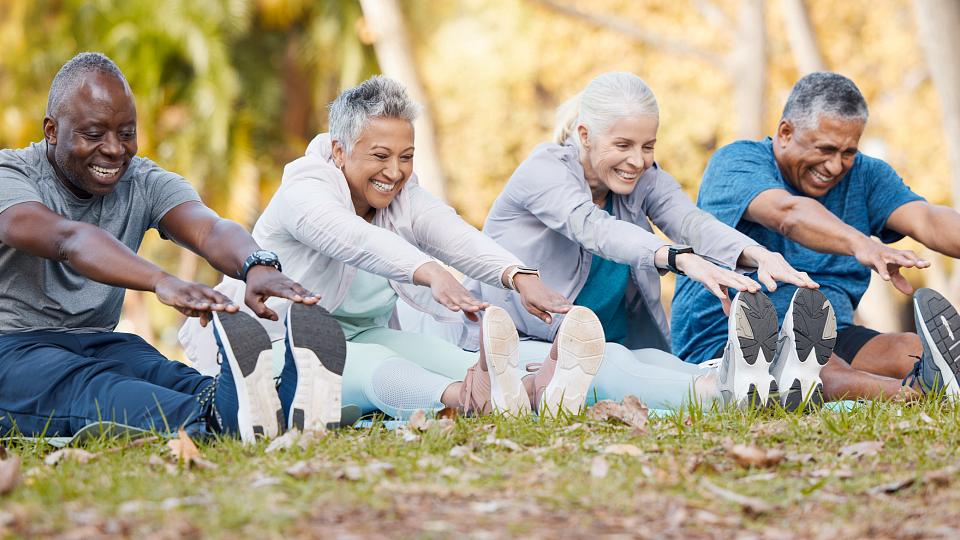
Coronavirus: COVID-19
COVID-19 Vaccine Information
The COVID-19 vaccine is available to anyone who lives in the US and is 6 months of age or older. University of Utah Health recommends getting vaccinated against COVID-19.
Stay up to date on your COVID-19 vaccinations and booster shots. Visit vaccines.gov to find your nearest vaccine provider or call 1-800-232-0233. U of U Health patients can ask for the COVID-19 vaccine or booster shot at their next appointment. See what U of U Health is doing to keep our patients safe.
Masking Policy at U of U Health
U of U Health allows optional masking in most clinical locations for patients, visitors, faculty, and staff. To protect our highly immunocompromised patients, masking will still be required in specific waiting rooms and patient areas.
Who Should Get Tested?
You should get tested if you think you have COVID-19 and experience any of the following symptoms:
- Fever or chills
- New/worsening cough
- Shortness of breath
- Difficulty breathing
- Sore throat
- Generally feeling ill
- Fatigue
- Headache
- Muscle pain/aches
- Decreased sense of smell or taste
- Congestion or runny nose
- Nausea or vomiting
- Diarrhea
If you need a COVID-19 test, you can buy a rapid test kit at your local pharmacy, make an appointment with your health care provider, or visit urgent care in-person or virtually.
COVID-19 Test Results
U of U Health patients who had a test performed by their health care provider or at a U of U Health urgent care location should receive their test results 48 to 96 hours after their COVID-19 test. The results of the test will be posted in MyChart.
If you test positive, stay home and away from others regardless of your vaccination status. Guidelines for reducing the spread of respiratory viruses.
Questions? Call us.
801-587-0712 or toll free at 844-745-9325
When to Seek Medical Care
Before you go to a doctor’s office or emergency room, call ahead and tell them about your symptoms. If they feel you should be seen by medical personnel, we request that you call ahead to the health care center or consider a virtual visit.
COVID-19 Long-Hauler Clinic
At University of Utah Hospital, we now have a COVID-19 Long-Hauler Clinic for people who struggle with persistent COVID-19 symptoms long after they've recovered from the disease. You will need a referral from your provider to be seen by one of our specialists for treatment and management.








